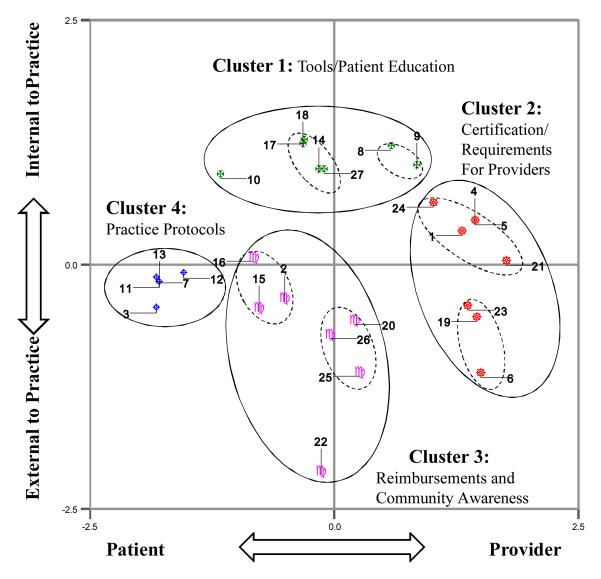Figure 1. Cognitive Map of Tobacco Cessation Strategies.
Note: The enclosure shapes and colors are used only to distinguish strategies within each derived cluster.
Numbers Representing 27 Strategies Used for Multidimensional Scaling
1 Educate dentists about smoking cessation programs that they can develop for implementation in their practice
2 Involve the ADA in developing a marketing campaign that informs the public about the expertise of dental providers in tobacco cessation efforts
3 Include a tobacco use question on health history form
4 Provide materials that impress upon dentists the importance of oral cancer screenings
5 Provide practitioners with regular updates of statistics as they relate to tobacco-related pathologies
6 Require mandatory continuing education regarding tobacco use
7 Have staff and dentists work as a team for tobacco screening
8 Provide practices with models, materials, and computer programs to show consequences of tobacco use to patients
9 Provide practices with resources about available tobacco cessation programs for treatment or referral
10 Display graphical material throughout the office to inform patient of tobacco-related problems
11 Assign tobacco screening efforts to hygienist as part of patient recall, recare scheduling
12 Use cancer screening as an opportunity to discuss tobacco use with patients
13 Assign tobacco screening/counseling to hygienist and other dental staff
14 Provide practices with tobacco screening material that they could have patients complete at home
15 Develop TV and public awareness campaign informing the public of tobacco cessation efforts that can be provided by dentists
16 Have an oral cancer screening day
17 Provide practices with waiting room material regarding tobacco/oral cancer screening
18 Provide practices with a waiting room video that can show consequences of tobacco use
19 Cue dentists about the legal consequences of failing to screen and document patient tobacco use
20 Ensure it is “profitable” for the practice to screen and document patient tobacco use
21 Conduct tobacco cessation education programs for all dental providers
22 Make tobacco screening activities reimbursable
23 Develop a smoking cessation certification program for dental providers
24 Inform practices about tobacco cessation efforts through lunch and learn programs
25 Have the dental board monitor dental practices to ensure that tobacco cessation efforts are being conducted
26 Encourage drug companies to support dental provider efforts in smoking cessation
27 Provide practices with smoking cessation products that can be given to patients

